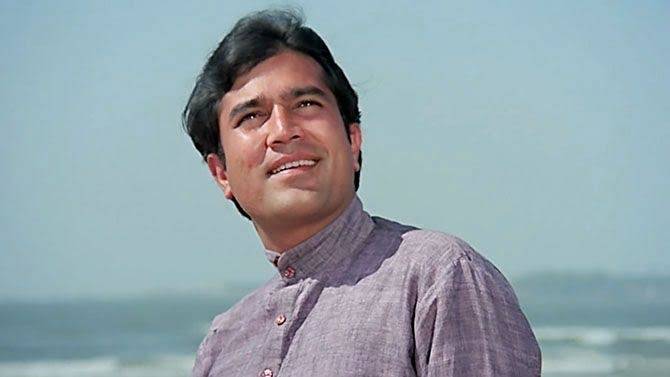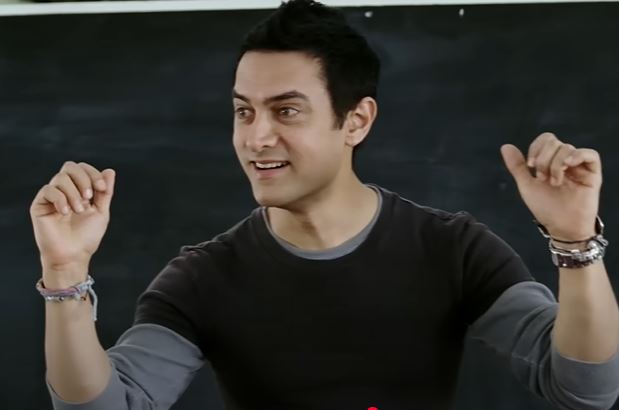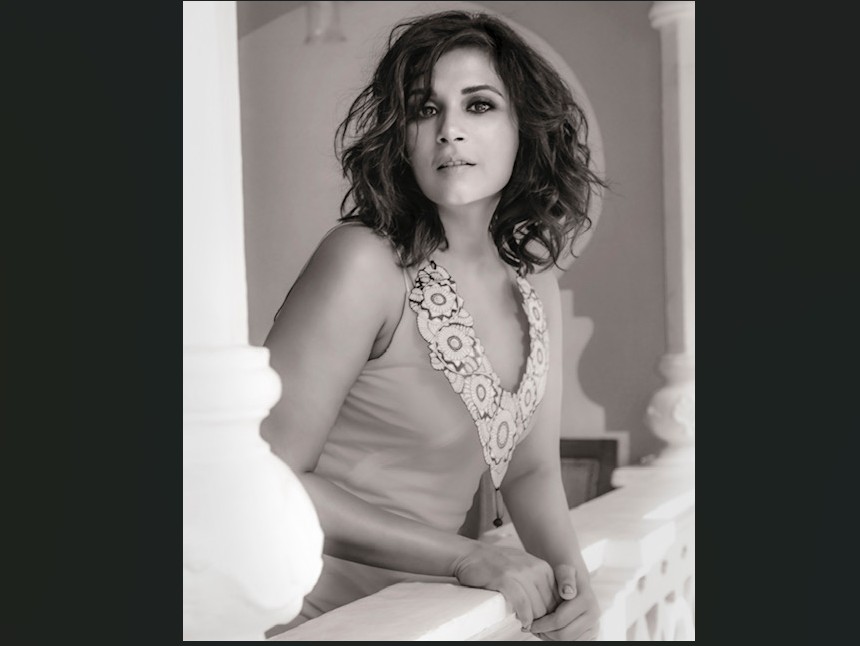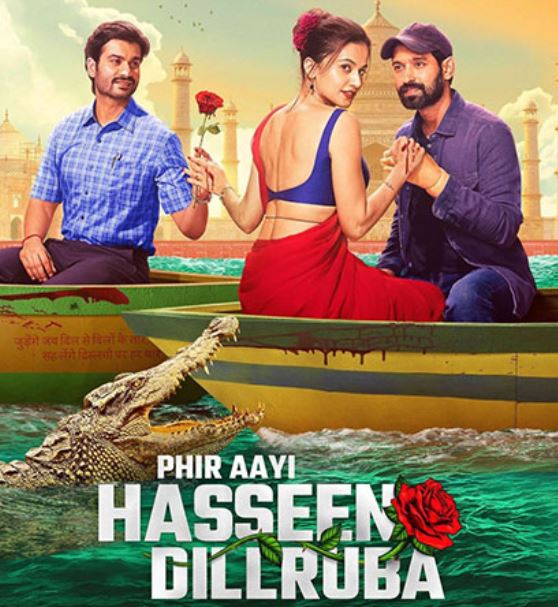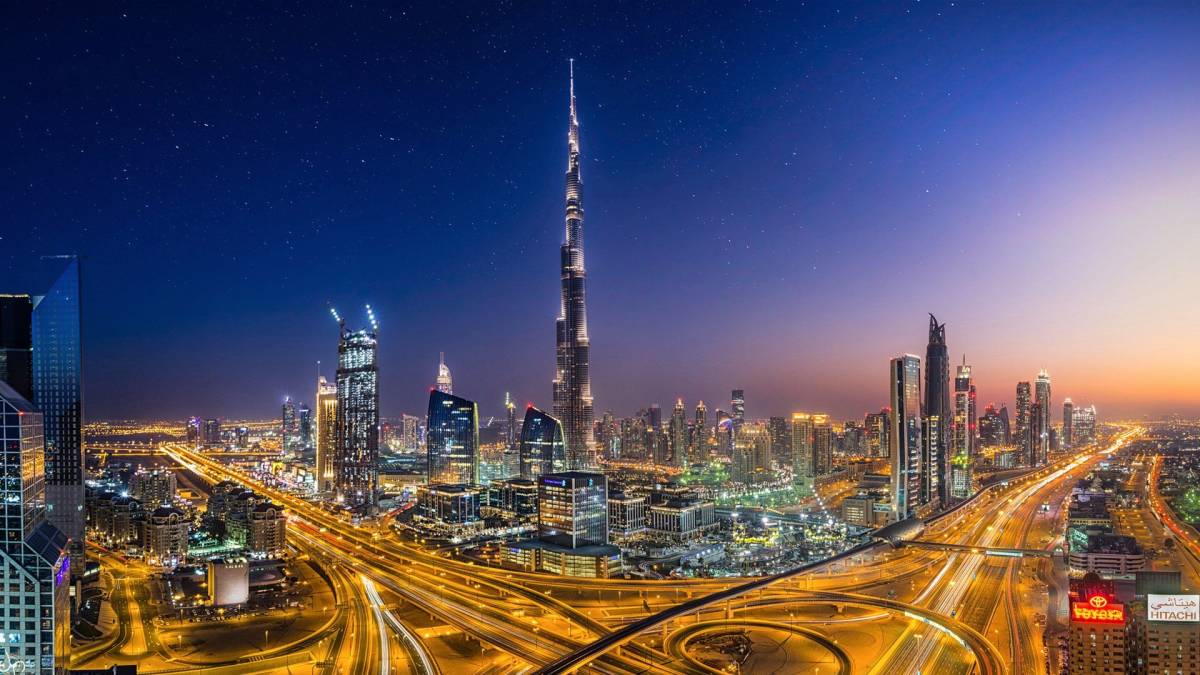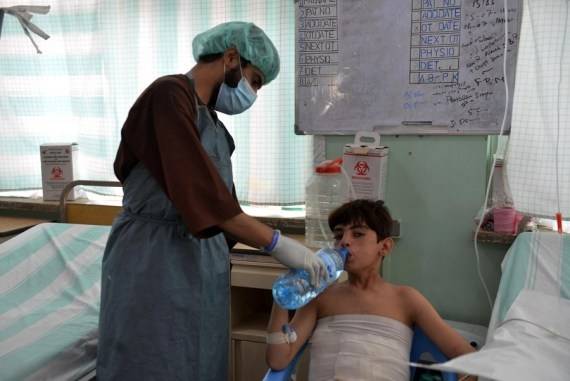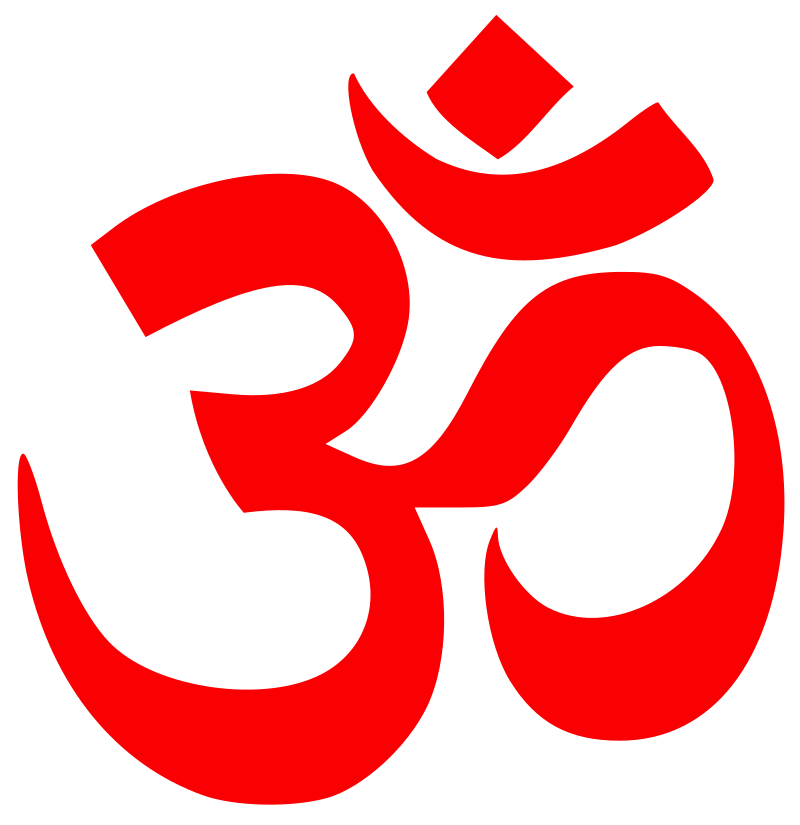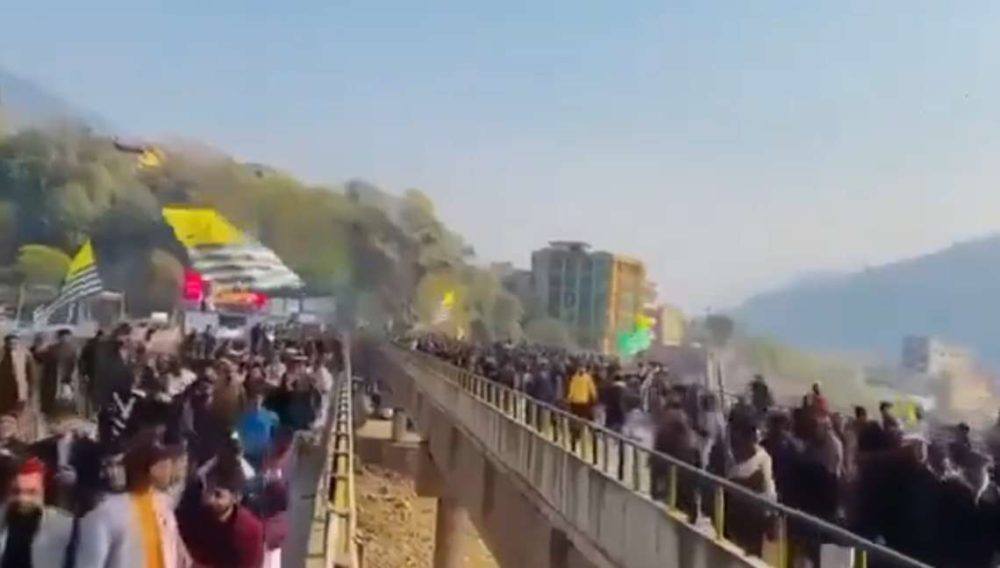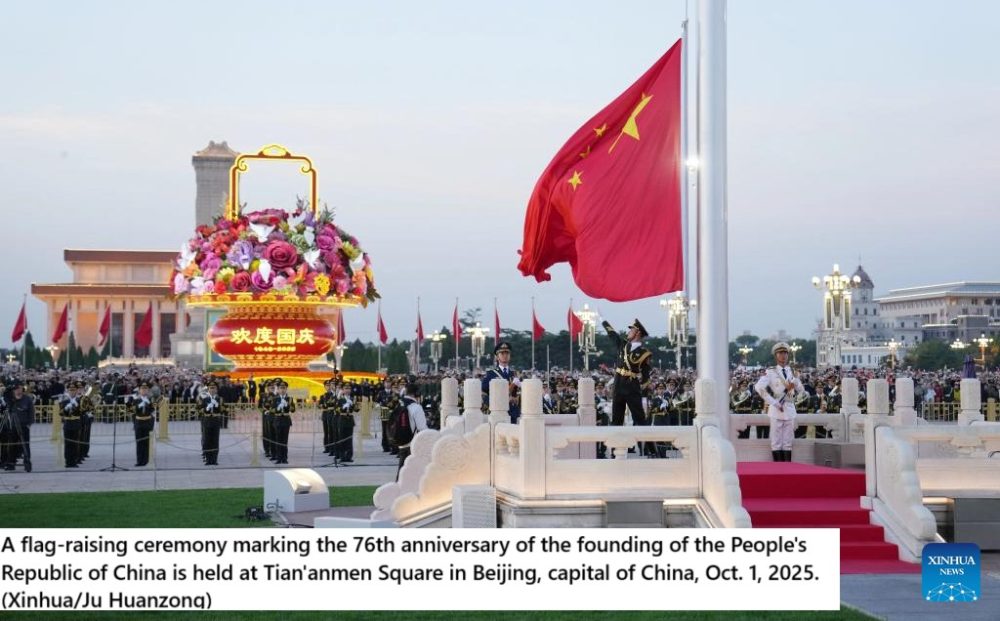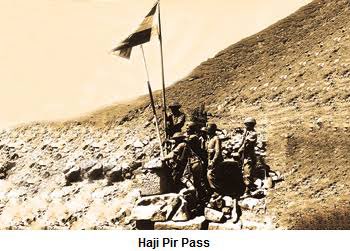This was only to be expected from an actor showered with love by a generation of fans who had grown up on three immensely poignant songs from his movie ‘Anand’: “Zindagi Kaise Hai Paheli”, “Kahin Door Jab Din Dhal Jaaye” and “Maine Tere Liye Hi Saat Rang Ke Sapne Chune”….writes Vishnu Makhijani
Rajesh Khanna was a natural. His biographer Gautam Chintamani recalls the director-writer-actor Rumi Jaffery saying how he can “never forget how Rajesh Khanna prided himself on never using aids like glycerine to evoke tears while acting”.
Jaffery recalled in a conversation with Chintamani: “He would ask you, ‘How many tears do you need?’, and just turn around for a moment or two; and when he turned back, there would be tears in his eyes. You could wake him up in the middle of the night and he would just stand and deliver when it came to tears.”
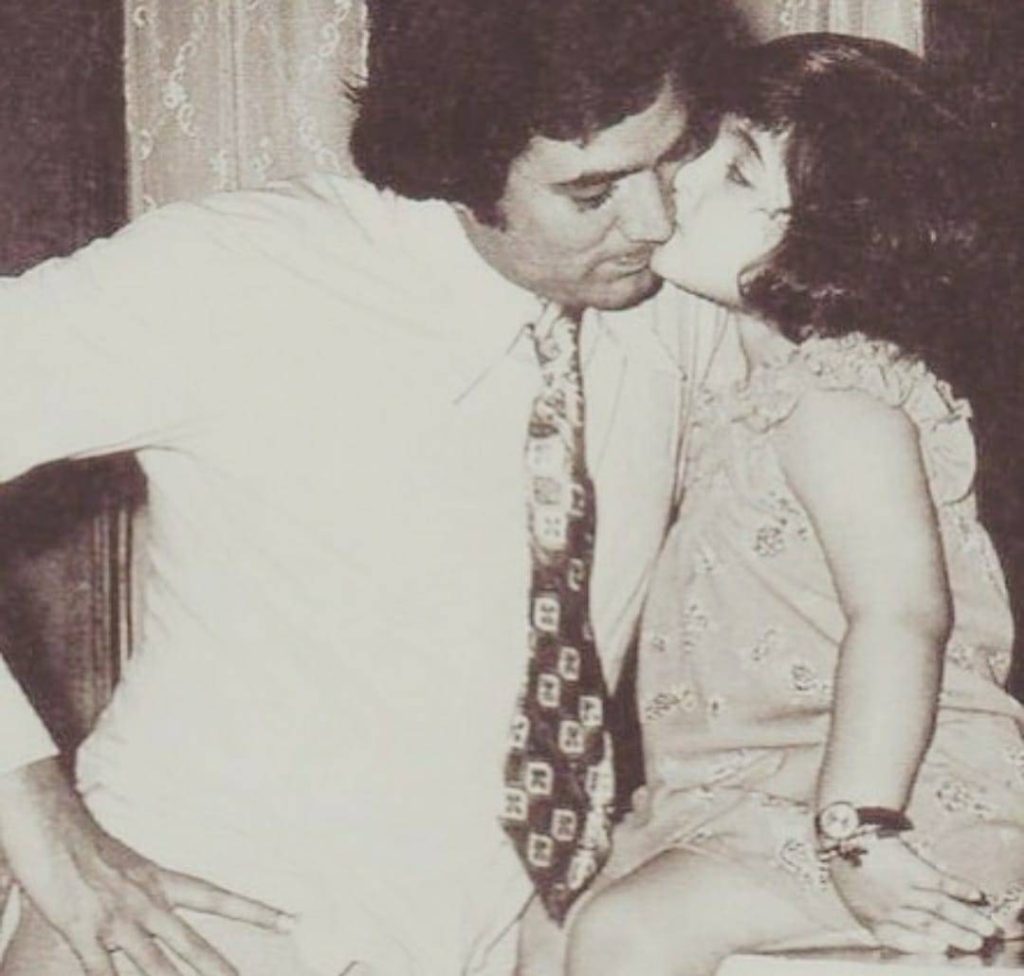
Chintamani will be collaborating with director Farah Khan on the script, based on his book, ‘Dark Star: The Loneliness Of Being Rajesh Khanna’, for a biopic on India’s first superstar.
“Once, Jaffery and (cinematographer) Sameer Arya instructed Rajesh Khanna to randomly shed a few tears in a hotel’s lift lobby and Khanna readily dispelled a few before the lift emerged,” Chintamani writes in the book.
And, there was no end to his ire when aroused.
“There were times when rumours of his sudden death flooded the Internet and saw his fans paying rich tributes on social media sites. Once, an infuriated Khanna walked to the main gate of Aashirwad in his favourite silk lungi-kurta with a cigarette and drink in tow only to prove to a journalist that, contrary to rumours, he was still alive,” Chintamai writes.
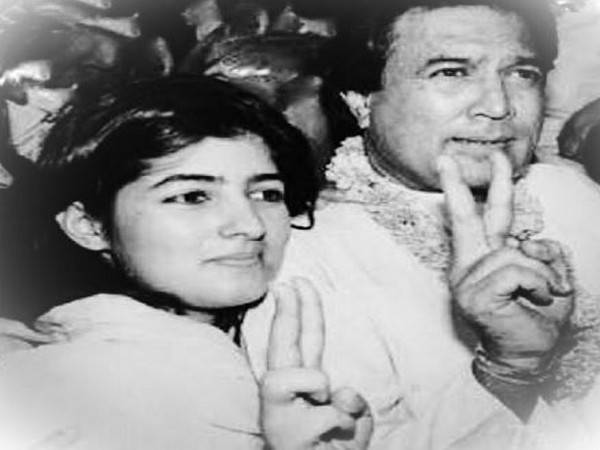
It was this strength of character that prompted Rajesh Khanna to appear in his first TV commercial — perhaps to the horror of some, but to the immense delight of a legion of admirers — and boldly declaim: “Fans kya hote hain mujhse poochho. Pyaar ka woh toofan … mohabbat ki woh aandhi .. woh jazbaa … woh junoon. Hawaa badal sakti hai lekin fans hamesha mere rahenge. Babumoshai, mere fans mujhse koi nahin chheen sakta (I will tell you what fans are. That storm of love … that passion … that madness. The direction of the wind may change, but my fans will always stay with me. Babumoshai, no one can steal my fans from me).”
This was only to be expected from an actor showered with love by a generation of fans who had grown up on three immensely poignant songs from his movie ‘Anand’: “Zindagi Kaise Hai Paheli”, “Kahin Door Jab Din Dhal Jaaye” and “Maine Tere Liye Hi Saat Rang Ke Sapne Chune”.
Sure, there were a procession of hit songs from his 17 consecutive hit films as the lead hero from 1969 to 1971, which included 15 solo-hero films and two non-solo-hero films. “Zindagi Ek Safar Hai Suhana” and “Yeh Shaam Mastani” are just two, but listen carefully to the lyrics from ‘Anand’ and you will get a measure of what Rajesh Khanna’s guiding philosophy was all about.
Sharmila Tagore, his co-star in ‘Aradhana’, which began his journey to superstardom, sums this up the best in the foreword to Chintamani’s book: “If ever a life was meant to be a book, few could stake a stronger claim. Like a shooting star doomed to darkness after a glorious run, Rajesh Khanna spent the better half of his career in the shadow of his own stardom. Yet, 40 years after his last monstrous hit, Khanna continues to be the yardstick by which every single Bollywood star is measured.”
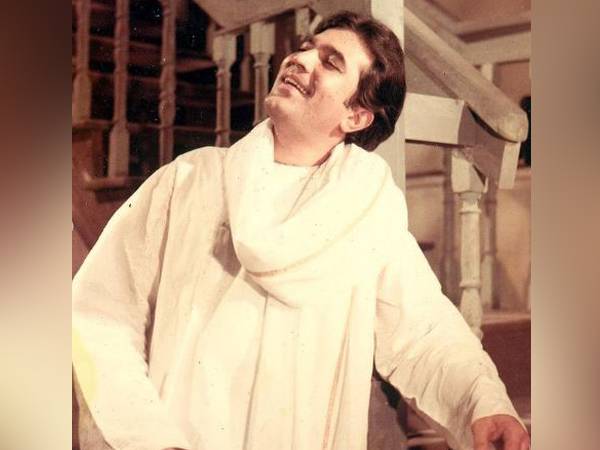
She recalls: “At a time when film stars were truly larger than life, Khanna was even more: the one for whom the term ‘superstar’ was coined. Born Jatin Khanna to middle-class parents, the actor was adopted by rich relatives who brought him up like a prince.
“By the time he won the Filmfare-United Producers Combine Talent Hunt, he was already famous for being the struggler who drove an imported sports car.
“With 17 blockbuster hits in succession and mass adulation rarely seen before or since, the world was at Khanna’s feet. Everything he touched turned to gold. The hysteria he generated — women writing him letters in blood, marrying his photograph and donning white when he married Dimple Kapadia, people bringing sick children for his ‘healing’ touch after ‘Haathi Mere Saathi’ — was unparalleled.
“Then, in a matter of months, it all changed. Khanna’s career hit a downward spiral, as spectacular as his meteoric rise just three years after ‘Aradhana’ (1969) and never really recovered.”
Adman-filmmaker R. Balki, who directed Rajesh Khanna in the TV commercial, roundly deprecates the criticism that the actor had been depicted in poor light in the 35-second spot, saying it only points to his strength of character.
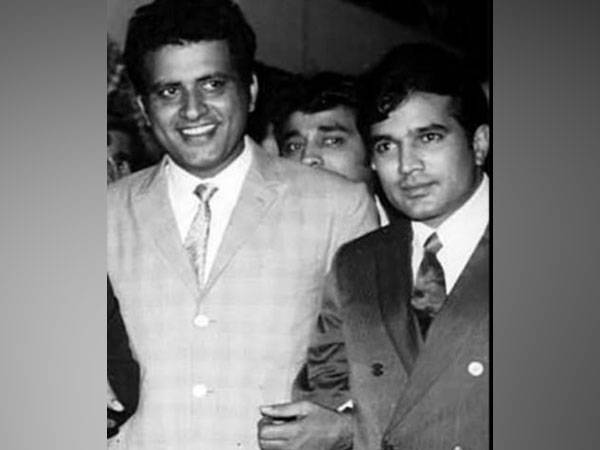
“My response to it (the criticism) is simple,” he said in an interview after the commercial was aired. “If a man is great enough to laugh at himself, why should anyone have a problem? When he wasn’t doing anything on screen all these years, people were making all kinds of jokes about it. When a legend chooses to laugh at himself, then some people start getting uncomfortable. I don’t even think that they are Rajesh Khanna fans in the first place. … He’s the one who is cracking a joke at himself, he is sporting enough to say, ‘Yes, I am not what I used to be. But so what!'”
Legendary script-writer Salim Khan, who in tandem with Javed Akhtar, has penned some of Bollywood’s most memorable films, provides a balanced perspective in his foreword to an earlier biography, ‘Rajesh Khanna: The Untold Story of India’s First Superstar’, by journalist-author Yaseer Usman.
Salim Khan writes in the Foreword: “Today, my son Salman Khan is a big star. Crowds cluster daily in front of our house to catch a glimpse of him. People often come to me and say that they haven’t seen such a craze for any star before this.
“But I tell these people that just a small distance away from here, on Carter Road, I have witnessed many such sights in front of Aashirwad. And I have never seen that kind of mass adulation for any other star after Rajesh Khanna.”
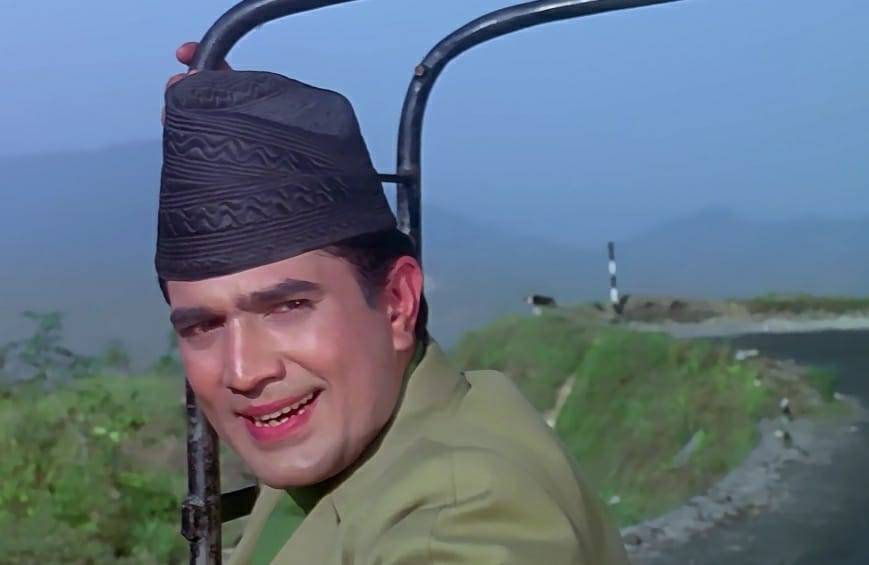
Salim Khan concludes: “We often forget when we talk about film stars or public figures that they are also human beings who also make mistakes, face failure and are scared of losing their successful run professionally, like everyone else.”
One thing is for sure: It has been a decade since Rajesh Khanna departed from this world, but his legacy will continue to live for generations to come.
ALSO READ-IN PICS: Special Screening of 1983


